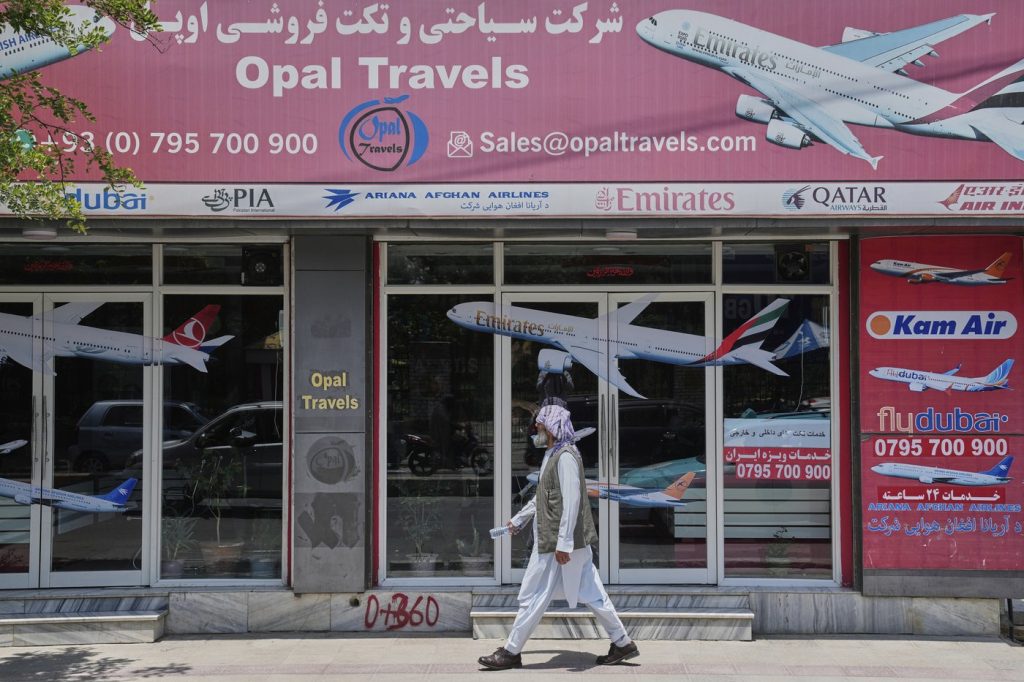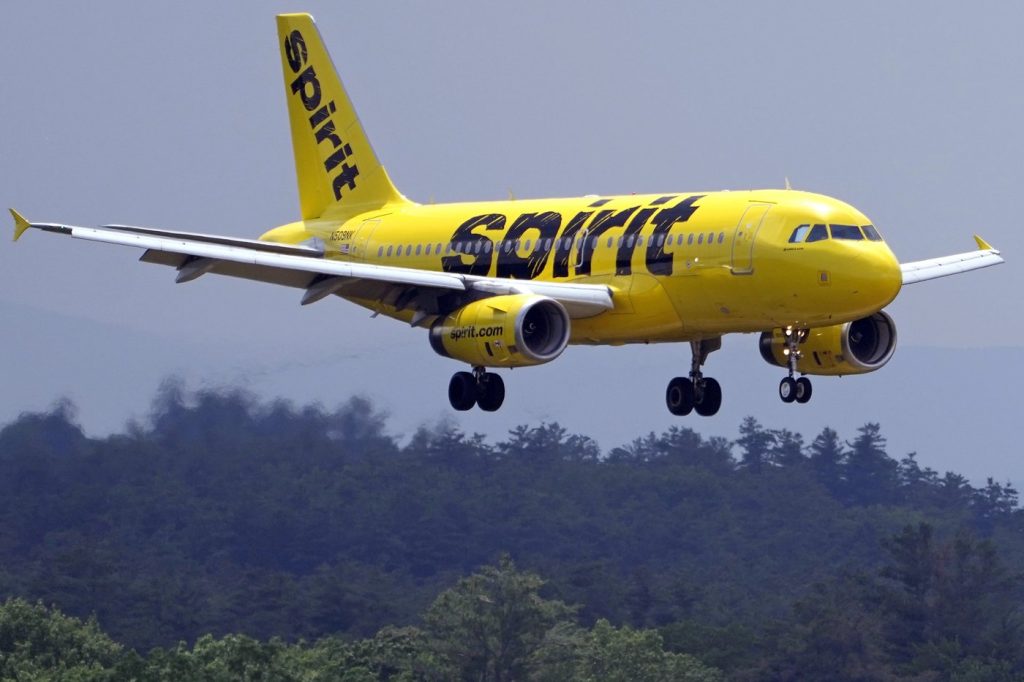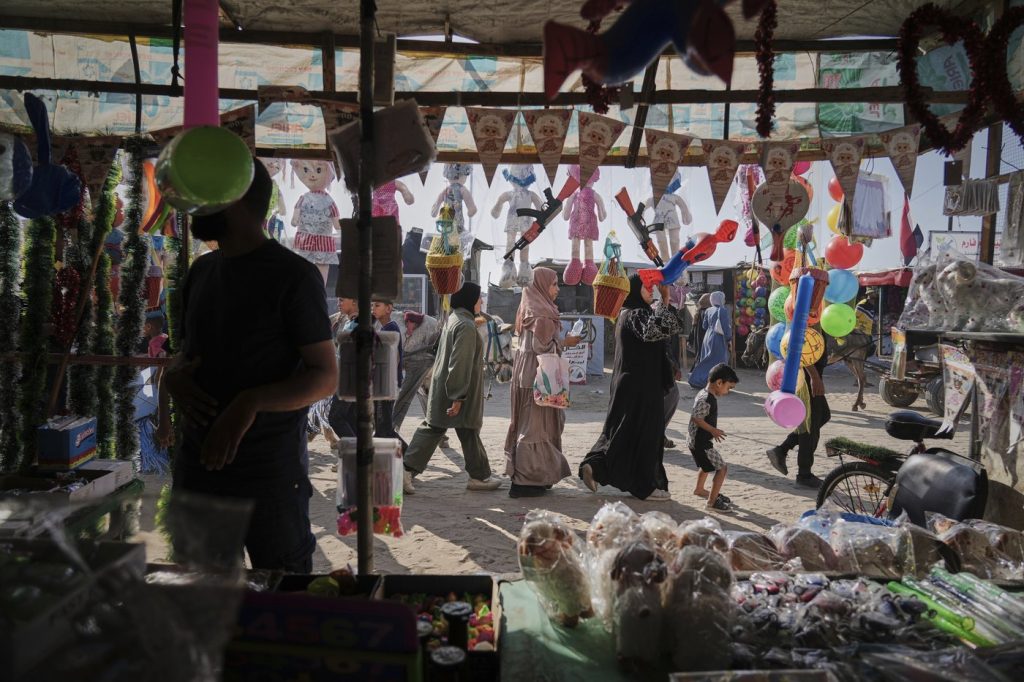DAKAR, Senegal (AP) — President Donald Trump has implemented a travel ban affecting citizens from 12 countries, mainly targeting those from Africa and the Middle East. This decision, announced on a Wednesday, expands upon a contentious policy from his first term and aims to address national security concerns.
The ban, effective Monday at 12:01 a.m., applies to citizens of Afghanistan, Myanmar, Chad, the Republic of Congo, Equatorial Guinea, Eritrea, Haiti, Iran, Libya, Somalia, Sudan, and Yemen. Additionally, heightened restrictions are placed on individuals from seven other countries—Burundi, Cuba, Laos, Sierra Leone, Togo, Turkmenistan, and Venezuela—who are outside the U.S. and do not possess a valid visa.
Trump justified the ban by emphasizing the need to protect American citizens from individuals he claims may pose terrorism-related and public safety risks. The administration cited "hostile attitudes" towards the U.S. and emphasized the challenge of countries that refuse to accept their citizens back when they overstay their visas.
In a related social media video, Trump linked the announcement of the travel ban to a recent terrorist attack in Boulder, Colorado, asserting that it highlighted the dangers posed by visa overstayers. Notably, the alleged perpetrator of the attack is from Egypt, a country not included in the list of banned nations.
Exemptions from the ban include Green card holders, dual citizens (including U.S. citizens with dual citizenship from banned countries), certain athletes attending major sporting events, and Afghans who served U.S. interests in Afghanistan. Other exemptions cover individuals granted asylum or refugee status before the ban, certain foreign national employees of the U.S. government, diplomats, and children adopted by U.S. citizens.
The list of banned countries stems from findings in an annual Homeland Security report that identifies countries with high rates of visa overstays. Trump asserted, "We don’t want them," in reference to nationals from these countries. The inclusion of Afghanistan has sparked backlash among those working on resettlement efforts, although exceptions exist for Afghans holding special immigrant visas.
Collectively, reactions to Trump's order have been mixed. Venezuela's President Nicolás Maduro's government condemned the travel ban, calling it a "stigmatization and criminalization campaign" against Venezuelans. Chad's President Mahamat Deby Itno announced that his country would suspend visas for U.S. citizens in response. Various aid organizations expressed outrage, denouncing the ban as a means of division and vilification against communities seeking safety in the U.S.
The Council on American-Islamic Relations criticized the order as "unnecessary" and "overbroad," while the National Immigration Law Center labeled it as racially charged, stating it could bar millions of Black and Brown people from entering the country.
Contrasting responses have emerged from different communities. In Haiti, many citizens expressed anger, with accusations of racism aimed at Trump. Conversely, some individuals in Miami voiced support for the ban, linking it to their own experiences with Cuban immigrants and the challenges of integration.
Notably, this ban differs from the 2017 travel restrictions, which initially targeted seven predominantly Muslim countries and faced legal challenges that resulted in various iterations. The previous ban was often referred to as the "Muslim ban" and included several travelers detained at U.S. airports. Following a Supreme Court ruling in 2018, a revised version was upheld, imposing restrictions on travelers from several countries.
As this new travel ban unfolds, scrutiny and debate continue, echoing the contentious nature of immigration policy under the Trump administration.












